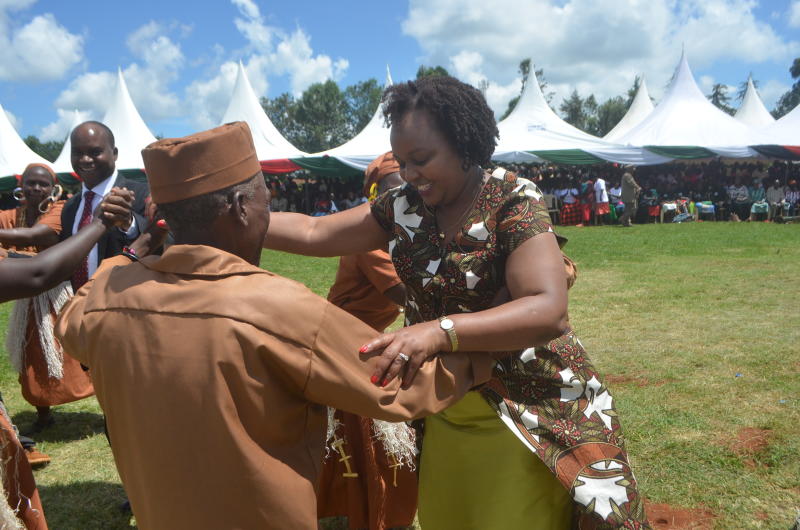×
The Standard e-Paper
Home To Bold Columnists

Mwomboko is a traditional Kikuyu dance borrowed from the British foxtrot dance. British foxtrot is an English dance borrowed from the Kikuyu mwomboko.
As you can see, we are joined at the hip with the Brits, and I am unwilling to repeat that Harold is a descendant of a certain Captain Smith, the man who founded Gitegi Gossip Club, which Harold now chairs. But now, Gitegi is quiet. Mwomboko has been stopped. And Harold, the chief proponent of mwomboko, is disconsolate.